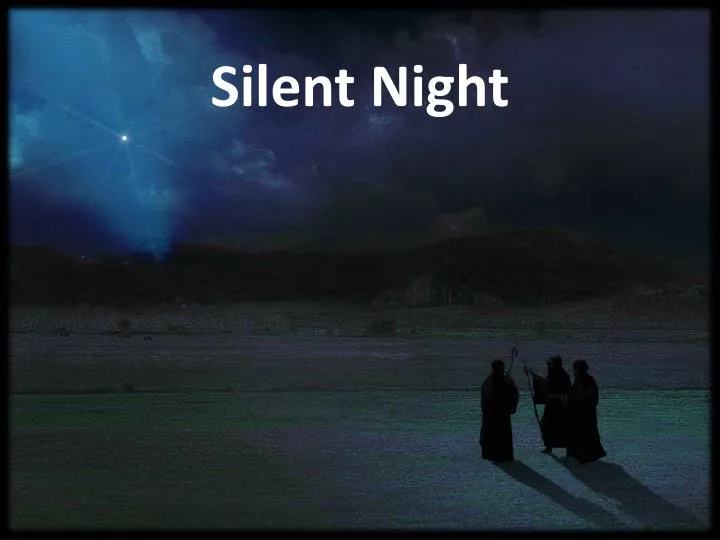In fact, history is a big part of ‘Stille
Nacht’ – which would be known in English as ‘Silent Night’. It speaks of a tranquil scene, of “heavenly
peace”. Mohr wrote the words in the wake
of the Napoleonic Wars (the year after their end). His native Austria had been a major combatant
in that conflict – the Austrian Empire opposed Napoleon’s forces. It is estimated that over half a million Austrians
were killed in action over these years of fighting – more than any of the other
powers involved. Joseph Mohr’s adulthood
had been lived in the shadow of these wars, until they finished (he was around
23 at that time). So it seems to me like
Mohr might have cherished peace. And he
may also have been acutely aware of its fleetingness, its fragility in this word. Austria spent much of the nineteenth century
in some war or other.
Just shy of a century after its debut, ‘Stille
Nacht/Silent Night’ was performed in another famous context: the 1914 Christmas
truce in the First World War. The story
goes that German and Allied troops emerged from their respective trenches and sang
the carol in their own languages (they also played football together). Again, how poignant it must have been, to
sing of a silent night, instead of hearing gunfire every night; and how they
might have longed for heavenly peace, instead of earthly war.
The world they were living in may have seemed
a far cry from the one the angels described on the first Christmas:
“Glory to God in the highest heaven, and on
earth peace among those whom he favours [or, peace, goodwill among people]” (Luke
2:14)
That day, that silent night in Palestine, 2000
or so years ago, was a snapshot, a glimpse, a note, of heavenly peace. It was delicate, and it didn’t last, but
every now and then, we can still catch glimpses like that, we can still hear
echoes of ‘Silent Night’: ringing out in juxtaposition with the shots on battlefields
and in our streets; sounding a noble countermelody to the noisy, polarized and polarizing
rhetoric in Houses and homes; and as the peaceful resolution of the discord of imperialism
and insidious ideologies. One of the
great problems of our age is our inability to disagree well, to hold
difference. Peace is possible – but it’s
gentle and easily disturbed. Maybe that’s
why the dove is a common symbol of peace.
The Hebrew Bible (the Old Testament) has this
beautiful vision of a future peace – a vision so important that either God said
it twice, or two different prophets used the same quote:
“[The LORD] shall judge between the
nations, and shall arbitrate for many peoples;
they shall beat their swords into ploughshares,
and their spears into pruning-hooks;
nation shall not lift up sword against nation,
neither shall they learn war any more” (Isaiah 2:4; cf. Micah 4:3)
I wonder if Jesus, the “holy infant, so tender
and mild”, slept in heavenly peace because he dreamed of that day? And in his living and his dying, he showed us
the way.


